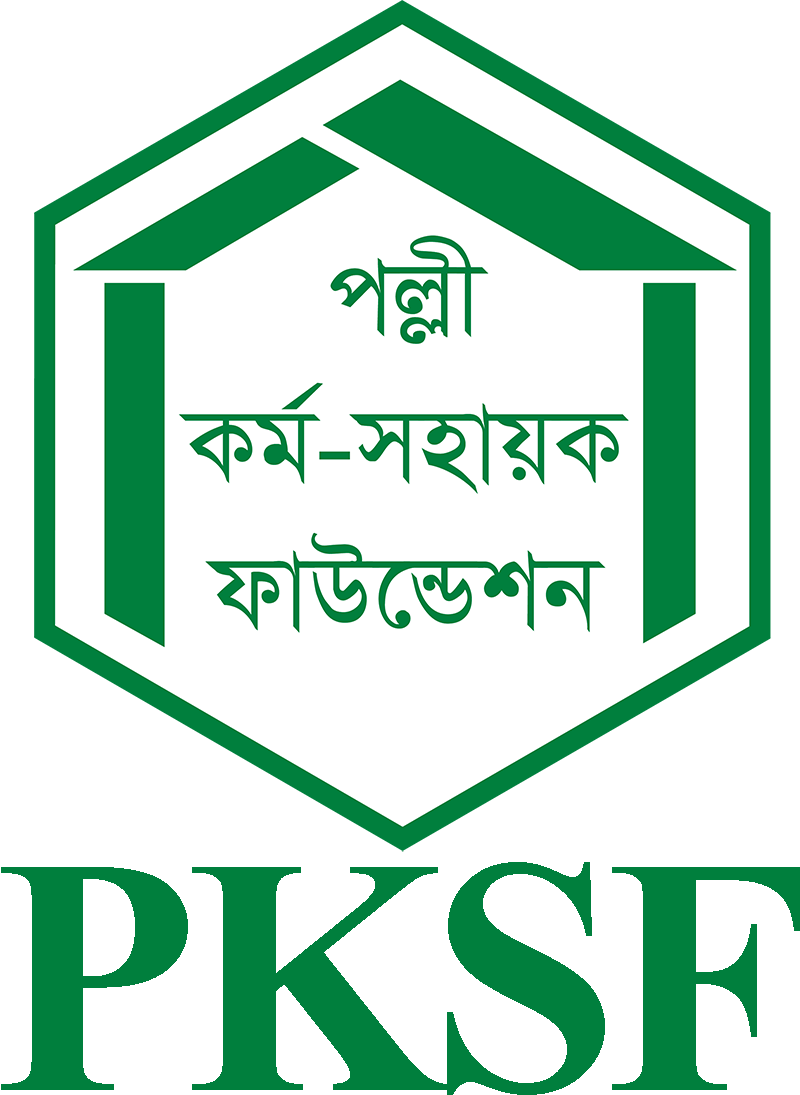PKSF Programs
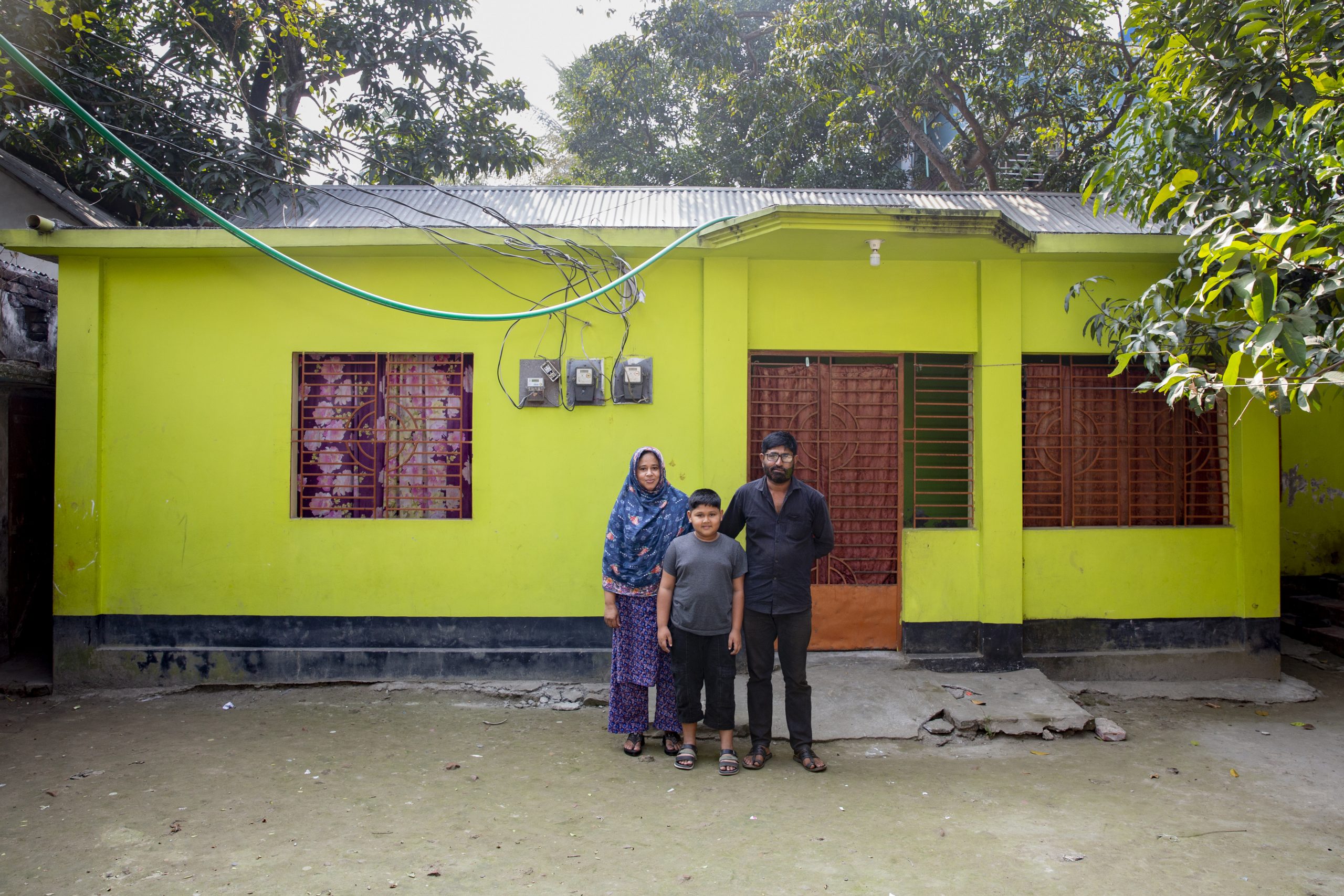
ABASON
Article 15(a) of the Constitution of Bangladesh describes that the fundamental responsibility of the state is to ensure the provision of the basic necessities of life, including food, clothing, education, medical care and shelter. In addition, Sustainable Development Goal 11 emphasizes on ensuring access for all to adequate, safe and affordable housing. The National Housing Policy 1993 (1993/2004) also recognizes the right to housing of all citizens. Despite this, there is a severe shortage of adequate and quality housing facilities in urban and rural areas of Bangladesh.
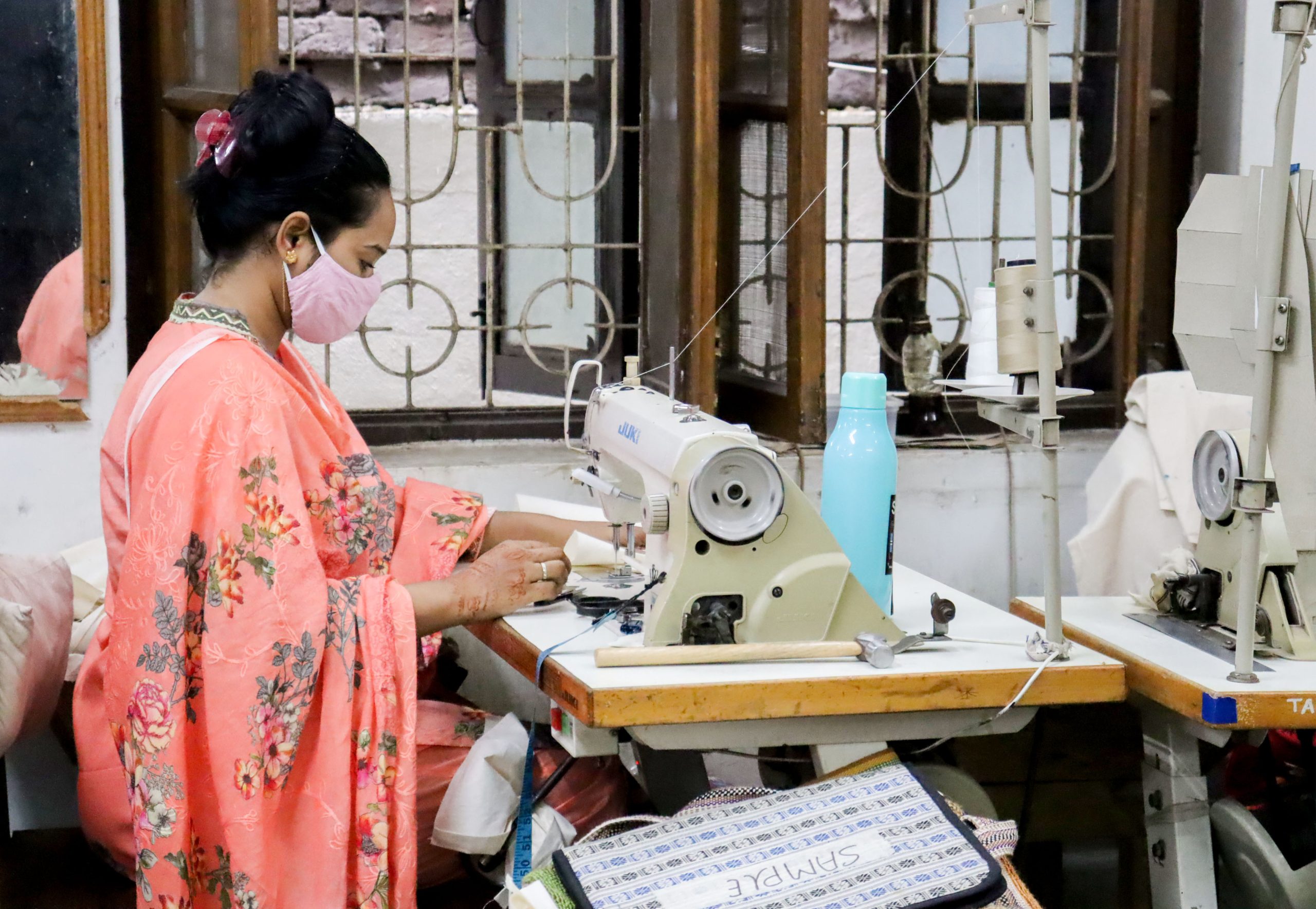
Agrosor
To ensure sustainable poverty alleviation, there is no alternative to enterprise development. With this realization, PKSF launched its Enterprise Development Program in 2001. Later, the program was renamed ‘Agrosor’. Any business activity with an investment of up to BDT 15 lakh (excluding land and building values) is eligible for availing support from the ‘Agrosor’ program. An individual entrepreneur can take a loan of up to BDT 10 lakh under the program.
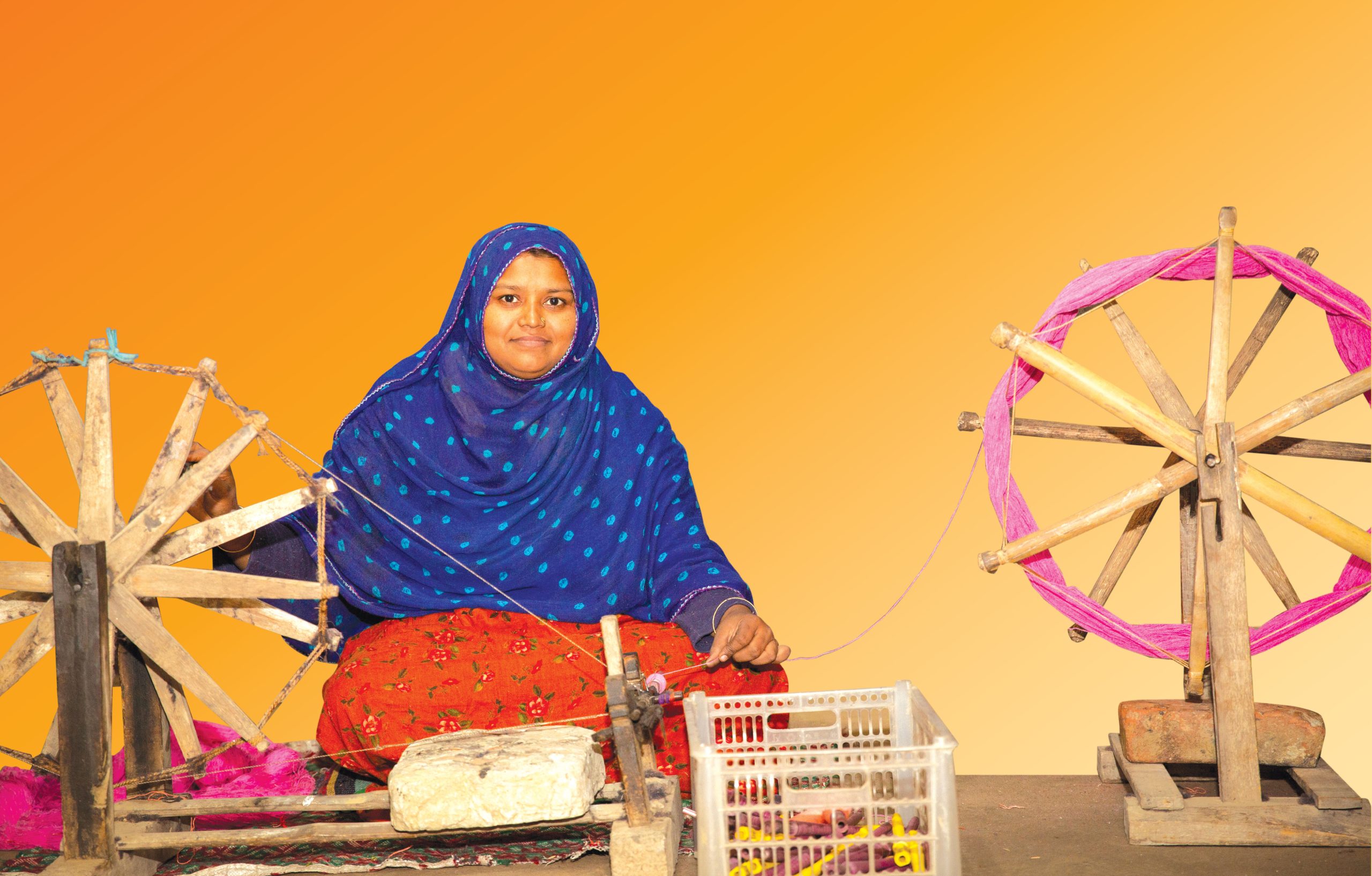
Including the Excluded for Ensuring Human Dignity
The extremely poor people have traditionally been left out of microcredit services because of self-exclusion, social-exclusion or institutional exclusion. The basic reasons for this exclusion are vulnerable socio-economic conditions of the extremely poor and a lack of self-confidence, initiatives and support. Against this backdrop, PKSF implements the ‘Buniad’ program to serve the extremely poor people.
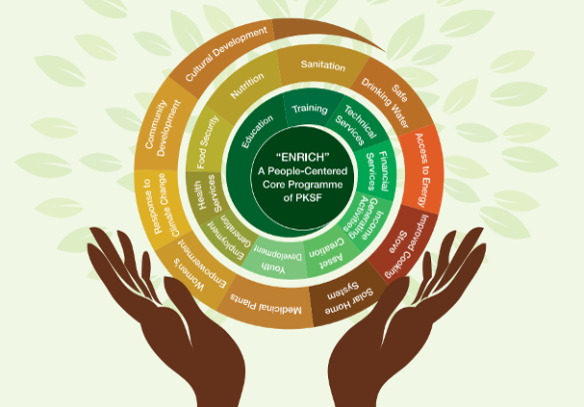
ENRICH
ENRICH (Enhancing Resources and Increasing Capacities of Poor Households towards Elimination of their Poverty) is a flagship human-centered program of PKSF. It was launched in 2010 with the objective aim of addressing the multidimensionality of poverty and creating an enabling environment for the poor people so that they can live a dignified life and enjoy universal human rights.
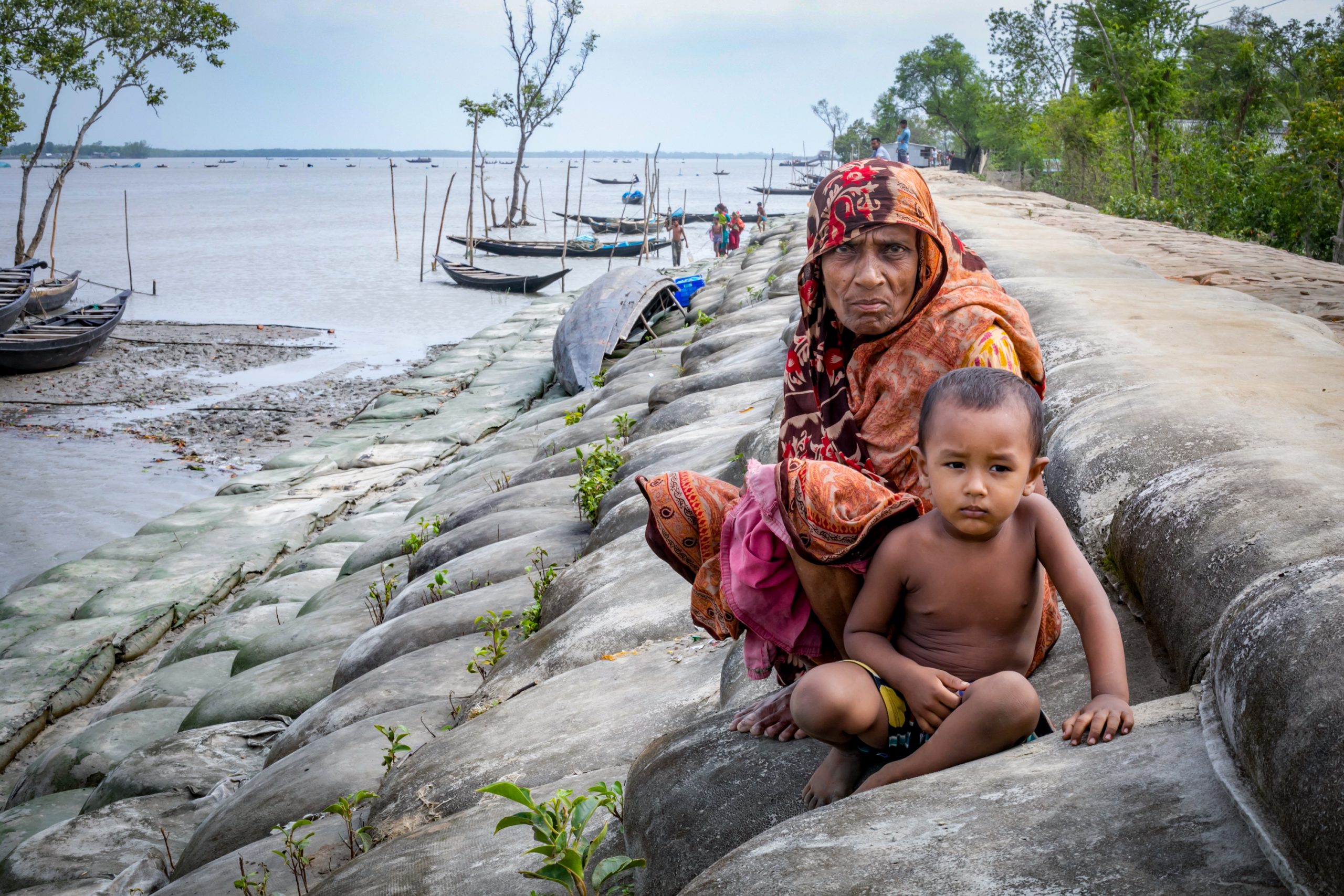
Environment and Climate Change Unit
Combating climate change fallout has remained a key global concern for decades now. According to the Sixth Assessment Report by the Intergovernmental Panel on Climate Change (IPCC), climate change may reduce fresh water availability in Bangladesh’s coastal areas from 40.8% to 17.1% between 2021 and 2050. In low-lying countries like Bangladesh, climate change may bring about extinction of plants and animals, increased floods and droughts, excessive and infrequent rainfall, inundation of roads and houses, environmental instability, etc., in addition to the reduction in freshwater availability.
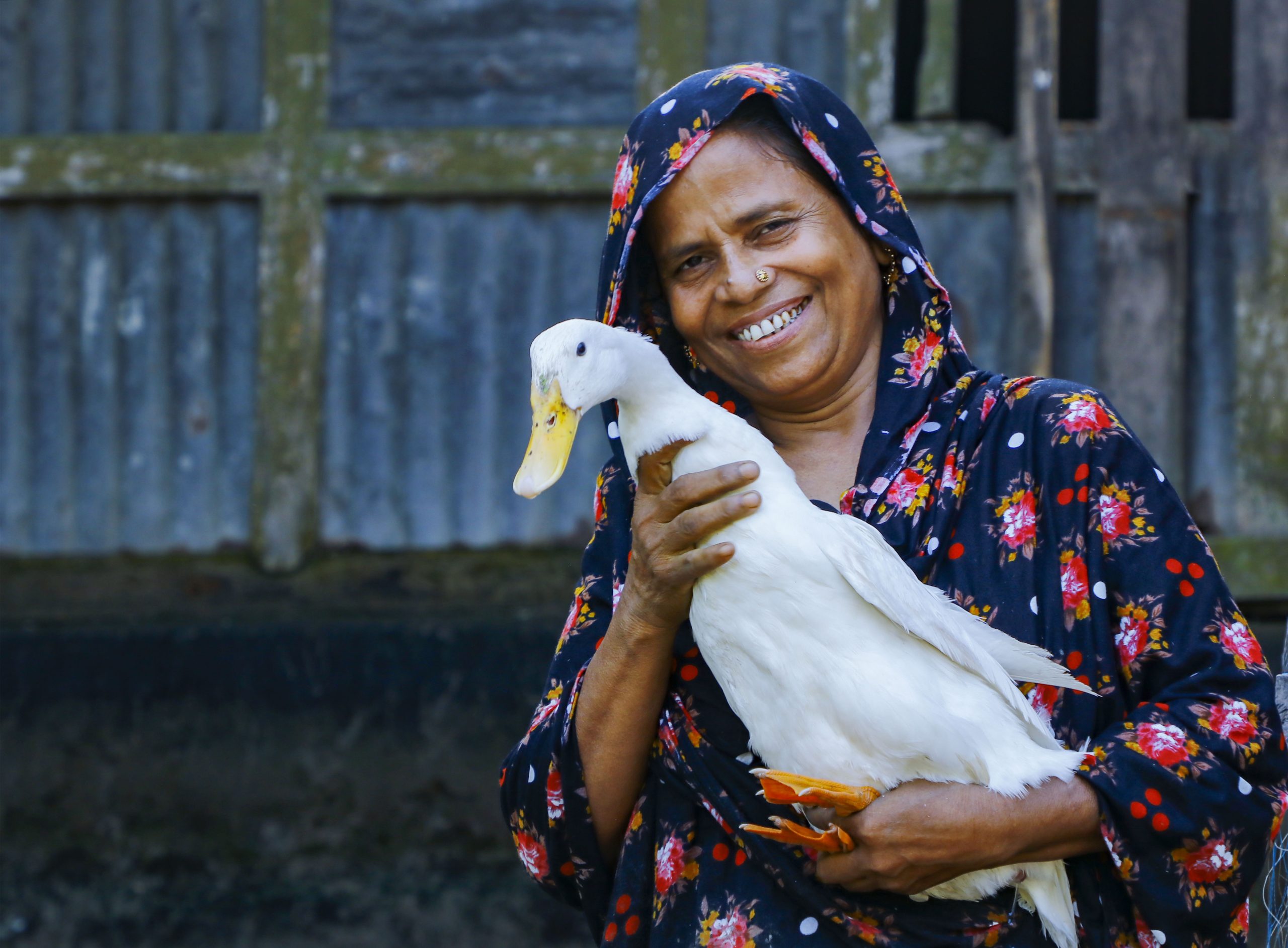
Integrated Agriculture Unit
PKSF’s Integrated Agriculture Unit (IAU) provides a range of services to expand appropriate agriculture, fisheries and livestock farming technologies in order to build farmer’s capacity as well as to develop value chain interventions and marketing systems. The Unit also contributes to policy development on fisheries and livestock framing sectors in Bangladesh.
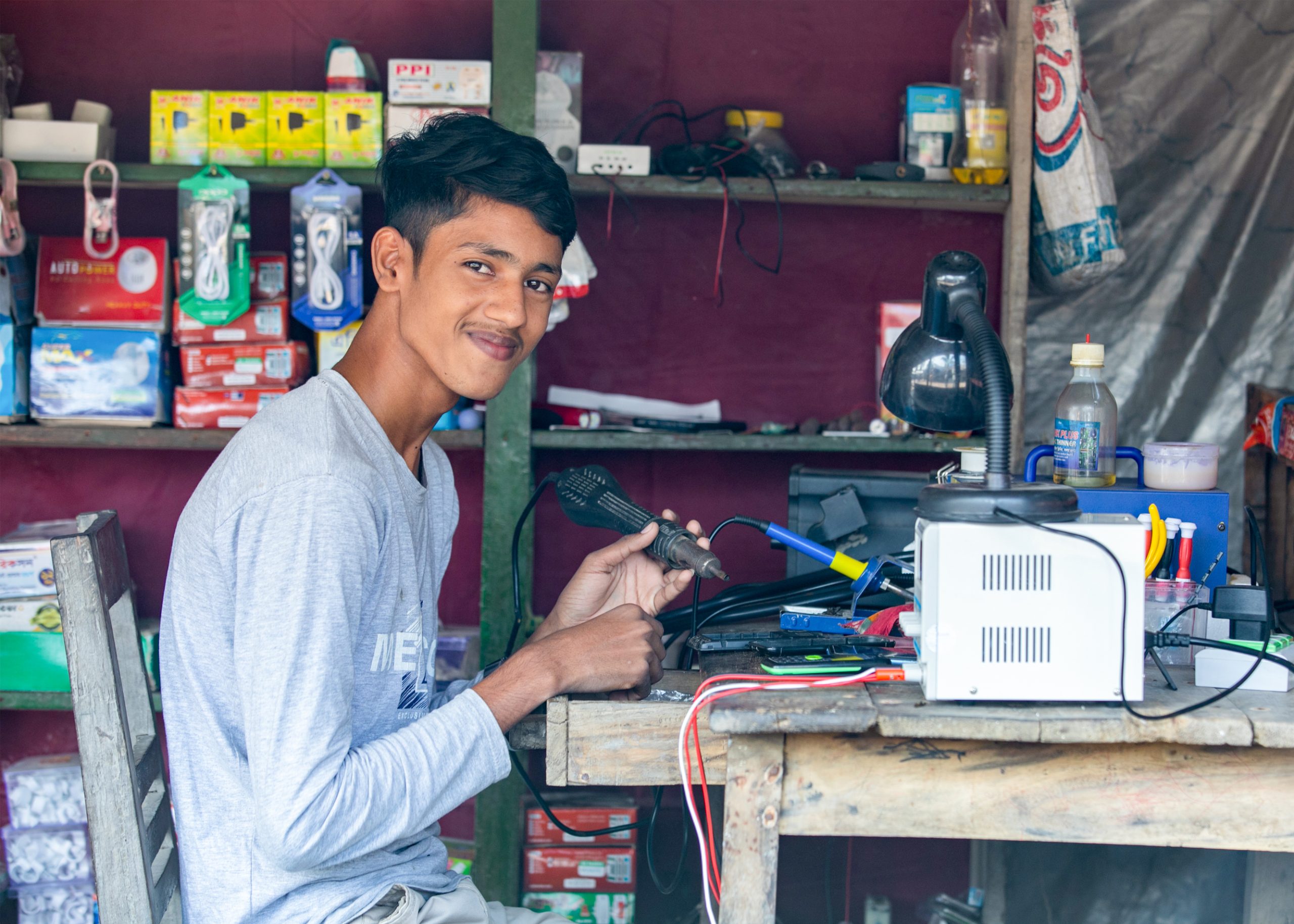
Jagoron
Jagoron, a credit instrument of PKSF, seeks to ensure household-based enterprise development in rural and urban areas of Bangladesh. In October 1990, PKSF launched the program (then known as Rural Microcredit) for the rural poor to encourage them to undertake family-based income generating activities. Nine years later, in 1999, PKSF launched Jagoron (then known as Urban Microcredit) for the poor residing in urban areas since the number of the urban poor had been continuously increasing as a result of forced migration, recurrent natural disasters, and limited employment opportunities in the rural areas.
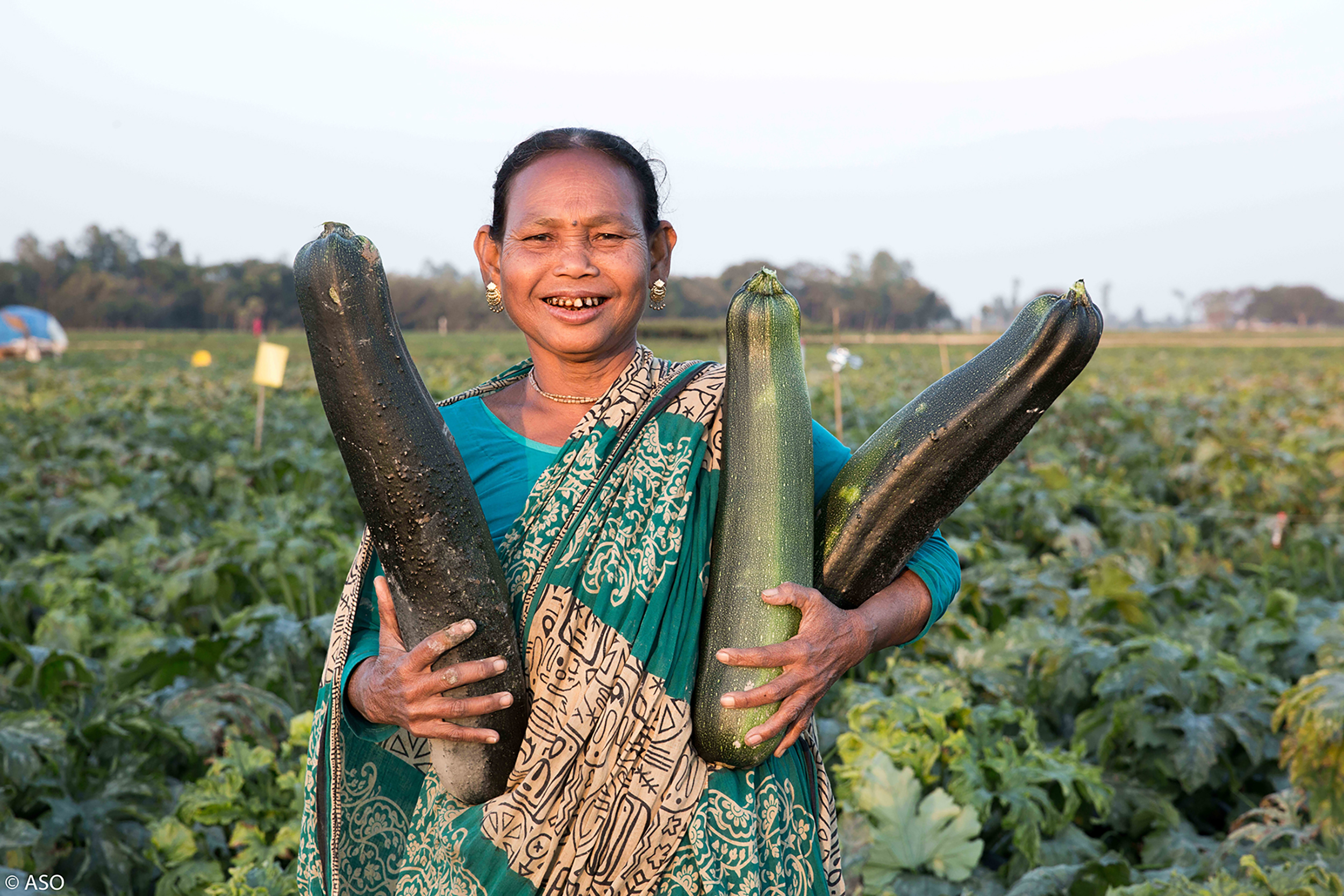
Kuwait Goodwill Fund (KGF) Program
Kuwait Goodwill Fund (KGF) Program is a special program of Palli Karma-Sahayak Foundation (PKSF) funded by a grant of Kuwait Fund for Arab Economic Development (KFAED). This fund was established by the state of Kuwait to assist Islamic countries in their endeavors to achieve food security and ensure the basic right to food to their people.
The major objectives of the program are: a) establishing linkage to sustainable agricultural financial services with technologies; b) develop flexible repayment system based on cash flow linked to harvesting pattern; c) disseminate knowledge on sustainable farming technologies, etc.
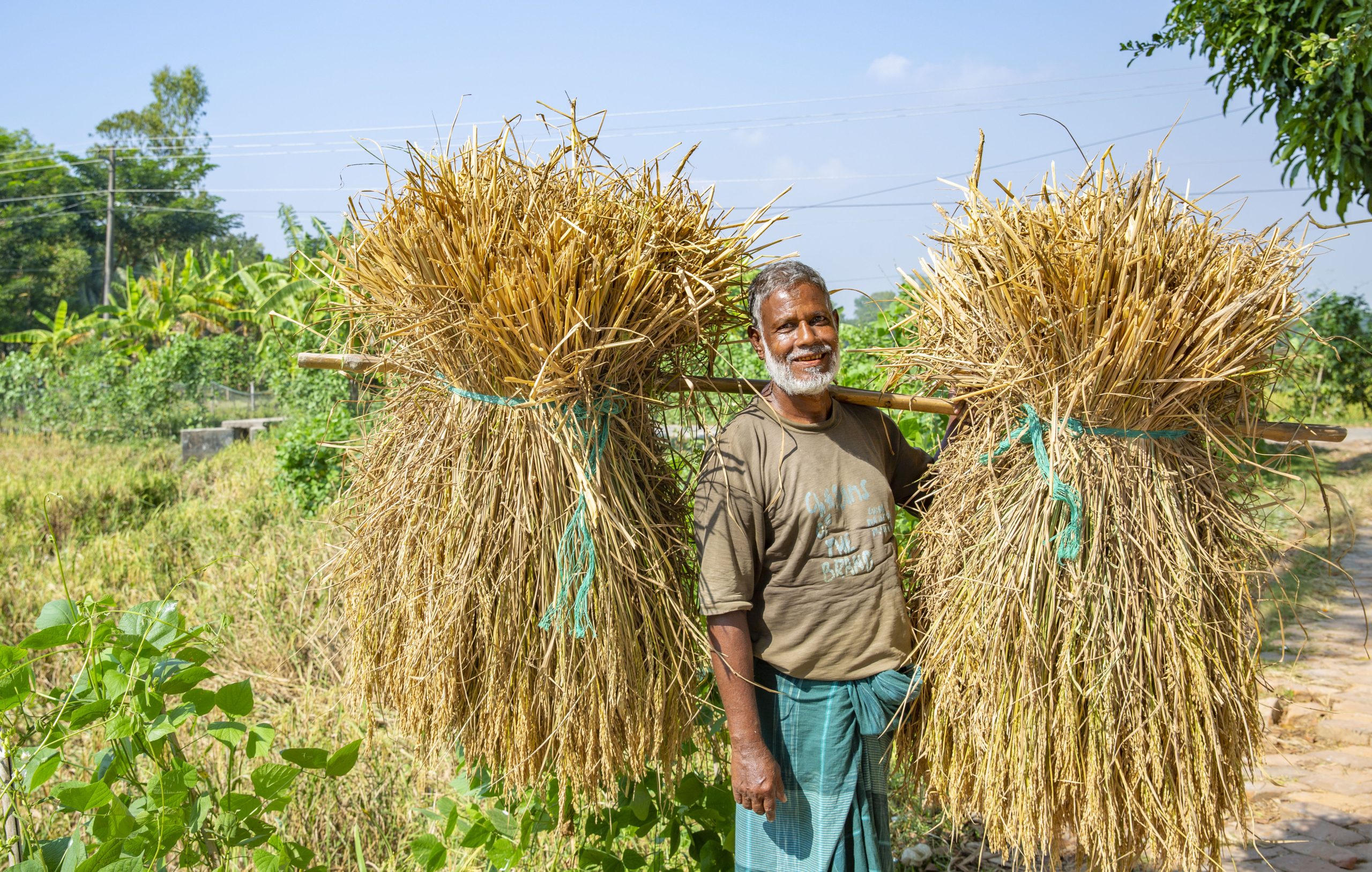
LIFT
The Learning and Innovation Fund to Test New Ideas (LIFT) program offers innovative financial and non-financial services for farm and off-farm activities by developing a wide range of new tools for poverty alleviation. PKSF initiated the program in 2006 to patronize pro-poor innovative initiatives. PKSF integrates the successful financial services or products, piloted under LIFT, into its mainstream activities.
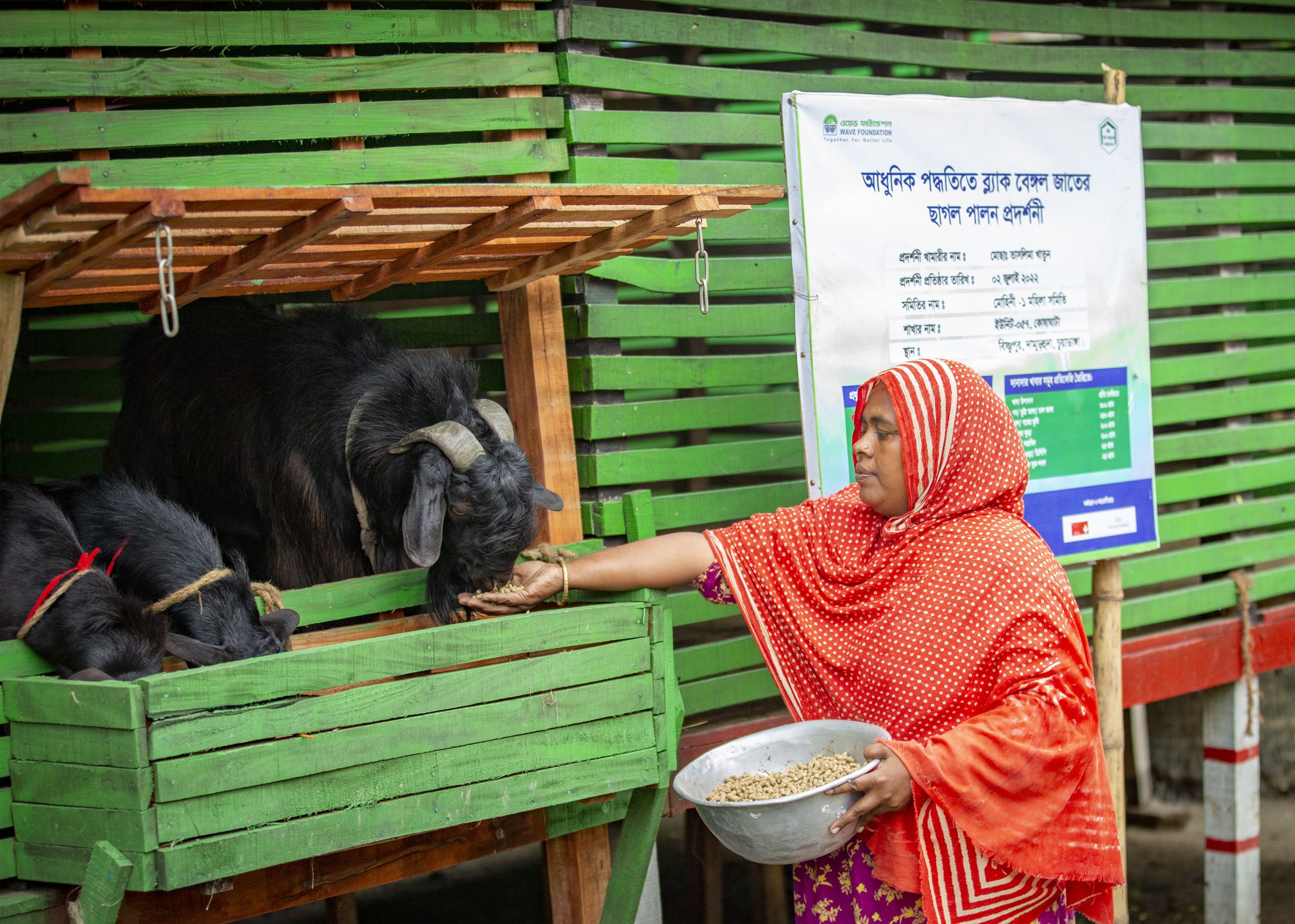
Livelihood Restoration Loan (LRL)
A special grant of BDT 500 crore has been sanctioned in favor of PKSF under the stimulus package announced by the government in 2020-21 fiscal year to revive the Covid-19-inflicted rural economic activities and to create self-employment. Adding BDT 100 crore from its own funds, PKSF started a specialized loan program titled Livelihood Resortation Loan (LRL) with a total fund of BDT 600 crore from September 2020. At present, these activities are being implemented at the field level through 128 Partner Organizations (POs).
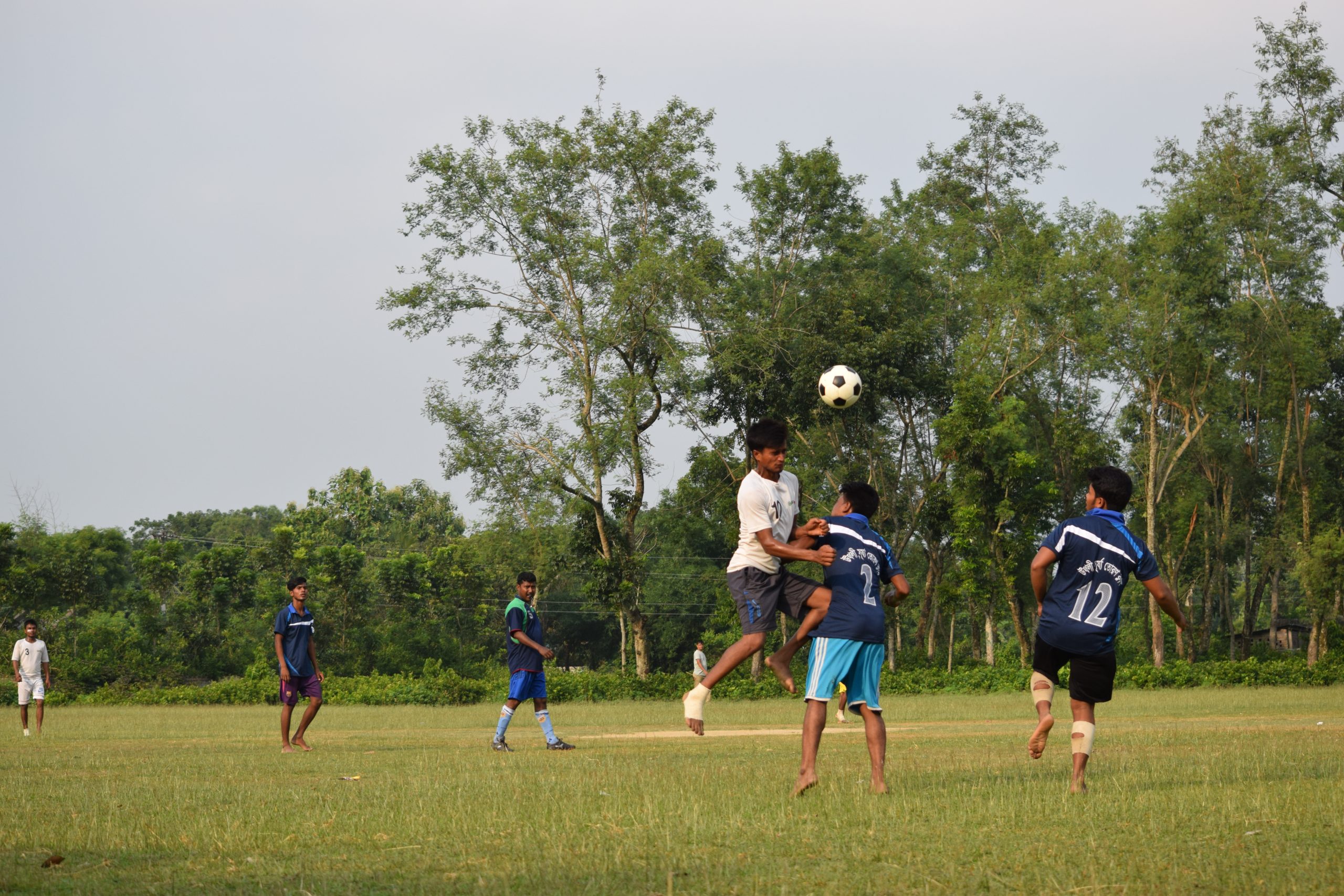
Program for Adolescents
The ‘Program for Adolescents’ has been in operation as a mainstream program since July 2019 in 217 upazilas of 55 districts of the country through 67 Partner Organizations (POs). The motto of the program is ‘Investment in Adolescents for Sustainable Development’. So far, 2,309 youth clubs have been established under the program having 74,952 members. Besides, there are 1,045 school forums with 1.22 lac members. The activities are conducted in four broad categories: (1) Awareness raising and practicing moral values (2) Leadership and life-skill development, (3) Nutrition and healthcare (4) Cultural and Sports activities.
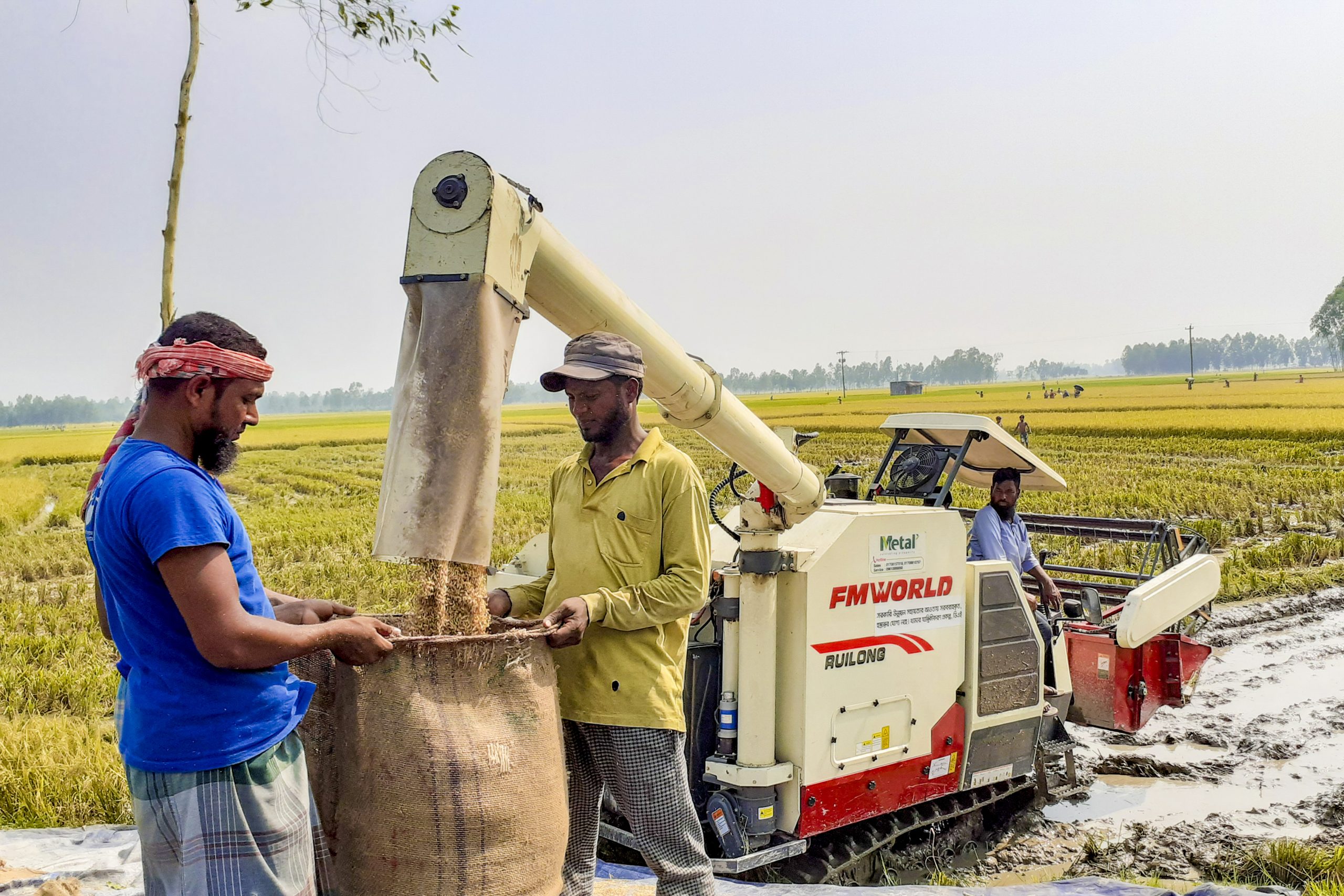
Risk Mitigation
PKSF – through the Risk Mitigation Unit – provides financial services as well as various extension services to reduce the risk of morbidity and mortality of livestock and to increase efficiency in ‘Good Farm Management’. Apart from this, an experimental agricultural mechanization program is being conducted to encourage and expand the use of time and cost-saving machineries at various stages in the agricultural sector. In addition, The Unit is working with development partners to introduce various financial and non-financial services for victims of natural disasters.

Social Advocacy and Knowledge Dissemination Unit
One of the non-financial services provided by Palli Karma-Sahayak Foundation (PKSF) is creating social awareness and disseminate development knowledge among the target population, which is instrumental to improving their quality of life. PKSF set up the Social Advocacy and Knowledge Dissemination Unit in 2013 with the aim of playing an active role in creating awareness on important issues at different levels of society and disseminating development-related knowledge. The Unit is conducting various social development activities for the overall socio-economic advancement of disadvantaged people.
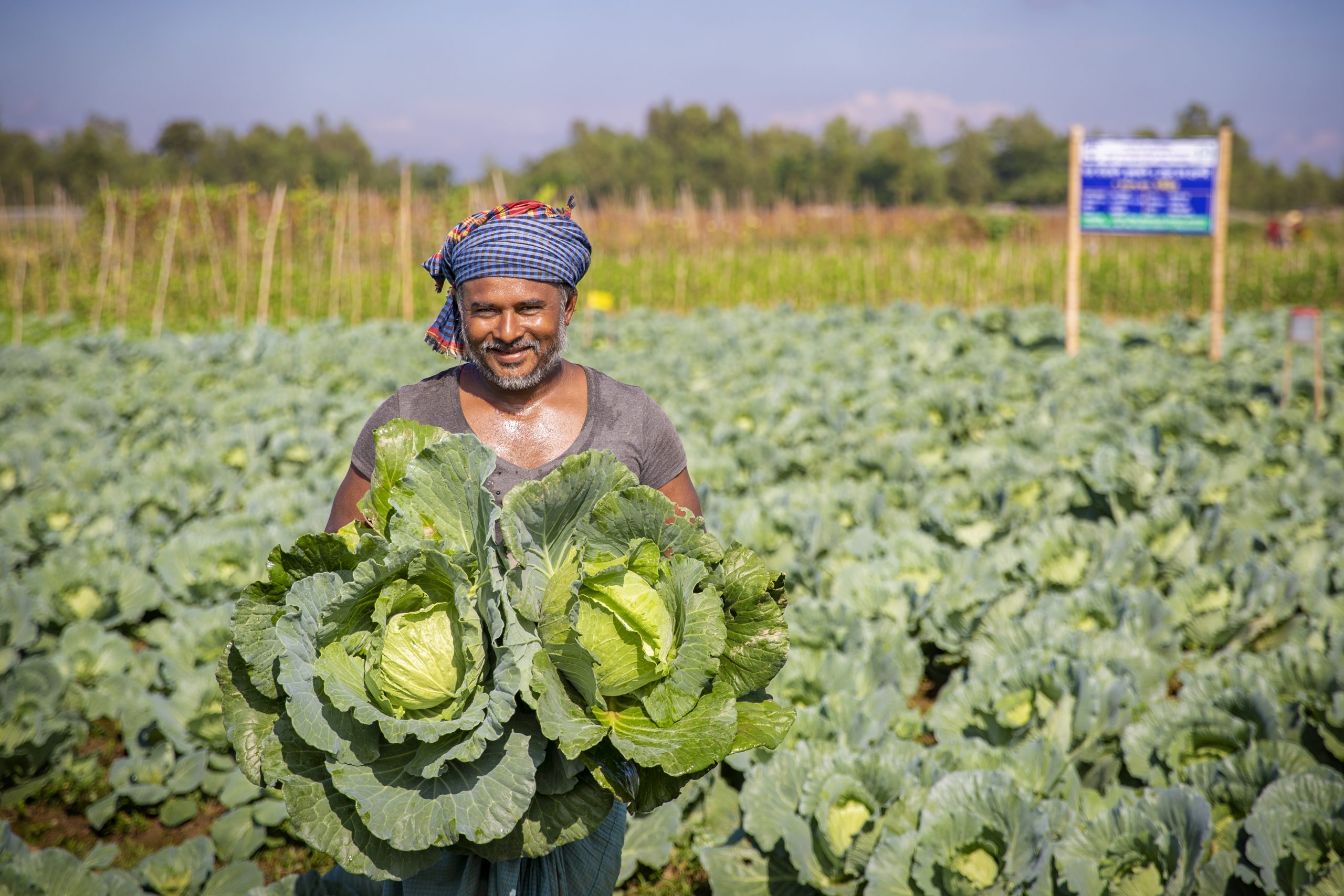
Sufolon
The success of a project, styled ‘Marginal and Small Farmers Project (MSFP)’, in 2005 led PKSF to design and introduce the Agriculture Sector Microcredit in 2008. Two years earlier, PKSF had launched the Seasonal Loan Program to offer financial services to farmers in accordance to seasonal variations. In 2014, the two loan products were merged and renamed Sufolon. This unique financial service has created tremendous impetus for the investment in different income-generating activities (IGAs) in the fields of crop cultivation and processing, livestock, fisheries, agro-forestry, agro-processing, etc.
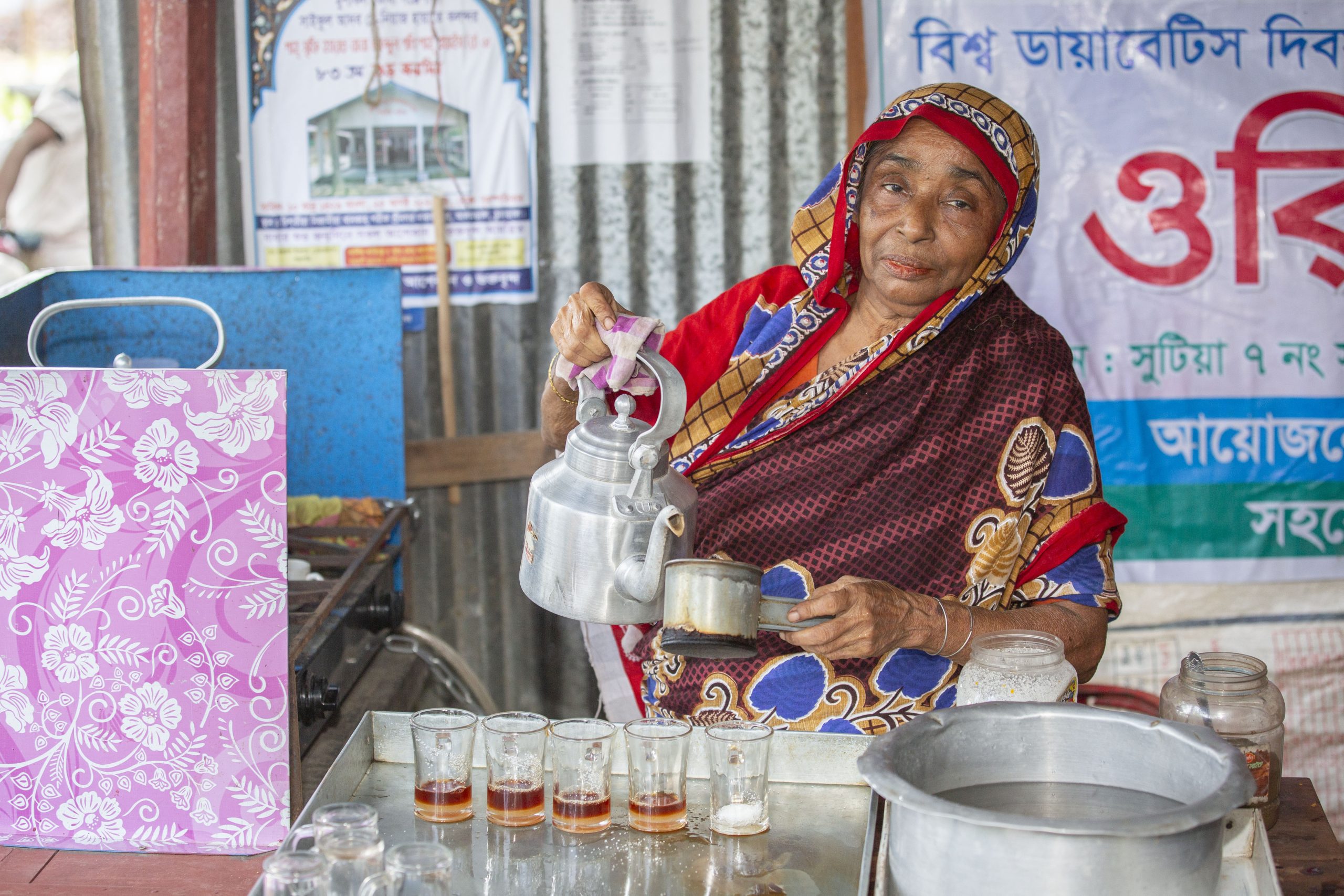
Uplifting the Quality of the Lives of the Elderly People
Palli Karma-Sahayak Foundation (PKSF) pursues a life-cycle approach to human progress, catering to the appropriate needs at all stages of life — from the conception of a child and to the death of a person. As a supplementary intervention of its multidimensional poverty alleviation programmes, PKSF has introduced the ‘Uplifting the Quality of the Lives of Elderly People Programme’ in line with the government’s elderly policy.
